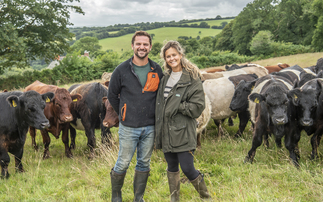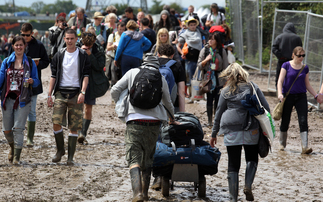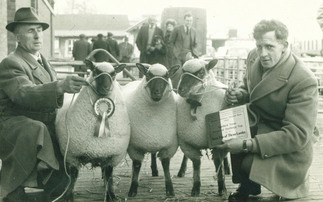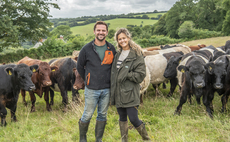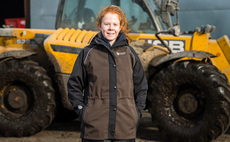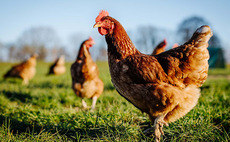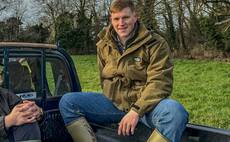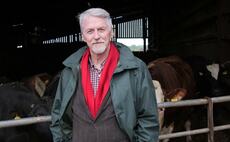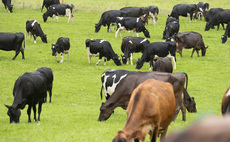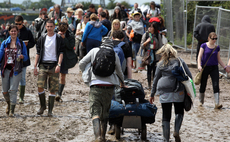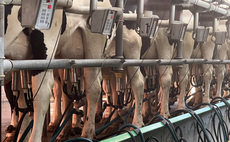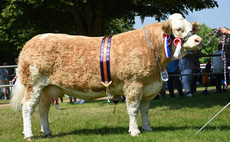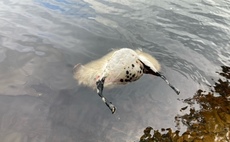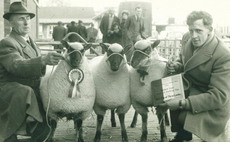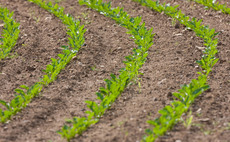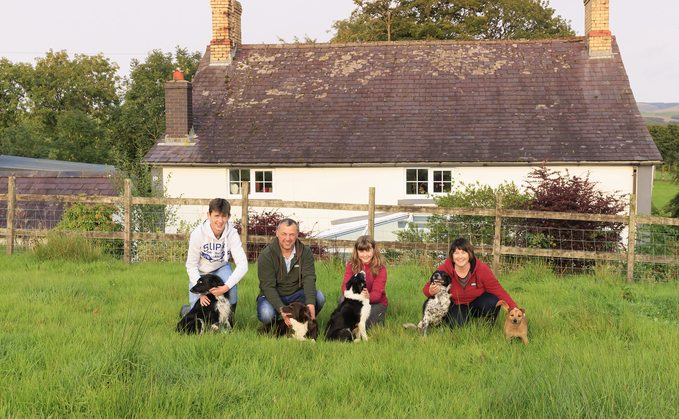
Demelza Fish-Jenkins and her family took part in the Royal Countryside Fund's resilience scheme to get the farm back on its feet
There are many obstacles to overcome in farming; whether it is managing the extreme weather or facing financial difficulties, farmers and those in rural communities face challenges that other sectors do not.
The term ‘resilience' is one that has become widely used over recent years. After Brexit, loss of subsidies, and political unrest, those in the industry have certainly had to adapt and navigate their way through a quickly changing sector, which is no easy task.
There is support out there though. The Royal Countryside Fund (RCF), established by the King in 2010, has become a real pillar of support to farming communities, with a focus on building thriving rural enterprises and helping to secure the future for smaller family farms.
Ellie Burnage, head of external affairs at the RCF, says: "The RCF addresses the unique challenges facing rural areas, such as economic pressures, environmental changes and social isolation. Over the years, the RCF has invested more than £11.5 million in over 500 rural community-led projects and supported over 4,000 farming families through various programmes, including the Farm Resilience Programme. This programme, supported by Morrisons, provides essential business and environmental skills training to farmers, helping them navigate the complexities of modern agriculture and ensure a sustainable future."
Building resilience in farm businesses
The Farm Resilience Programme has been a lifeline to many farmers – Wilma Benson, from Wellhouse Farm, has found it to be ‘invaluable'. Wilma, who returned to her family's second-generation dairy farm after a career as an NFU Mutual insurance agent, highlights the benefits of the programme's business planning and succession planning workshops.
READ NOW: Fourth-generation hill farmer hopes to continue family farm and legacy
She says: "I really enjoyed the session about the succession plan and the technical ones as well: how to cut costs and do things a bit more efficiently. "It made me come home and think: ‘We need to get the will sorted'. It made you focus on certain things and think: ‘I must do that or look into this'."
Demelza Fish-Jenkins, a beef and sheep farmer in West Wales, also took part in the programme after facing an uncertain future with her own family business. The farm was going through a period of significant change, including the inheritance of an additional farm and diversifying into holiday lets, but she found the programme's benchmarking and accounts workshops particularly beneficial.
Having inherited another 72.8-hectare (180-acre) farm on top of the 52.6 hectares (130 acres) they were already farming, the business had to change – and so did the family.
She says: "My son was keen to come home and we needed to create another wage. The challenge was creating two wages and to have enough work for my husband and son."
But the struggles were not just financial. Farming, says Demelza, is so inextricably linked to family that it becomes hard to separate it as a business, and they had been going through some hard times in terms of succession and mental health.
LISTEN NOW: The Farmers Guardian podcast: Demelza Fish-Jenkins talks about securing the family farm for the future
Succession
"Someone not preparing for succession can have a major impact on the business," she says. "So, we decided to do the programme – I had fallen out of love with farming. Having two young children, it takes its toll. But I went into this thinking: ‘let us get some focus and start thinking of this as a business'.
"Me and my husband came out of it with more confidence – you convince yourself you are doing something wrong but actually we found we were doing something right. I learned so many things and realised I knew much more than I thought I did. I have changed as a person. We have grown through this programme – our family has. It allowed the kids to come to the meetings with us and it is so important they know what is going on.
"We are custodians for the next generation, and I encourage my two to come to these meetings and hear how other farms are doing things.
"The programme has been totally life-changing for us. We have been through some really tough times as a family and a farm over the past few years. The programme came at just the right time for us. It was good for us to get off the farm and talk to other people about our business. I cannot sleep after each session because my mind is full with so many new ideas."
Morrisons and The Royal Countryside Fund
- This year marks five years of partnership between Morrisons and The Royal Countryside Fund (RCF), during which they have delivered the Farm Resilience Programme to groups across England, Scotland and Wales, and launched Carbon Clarity. This comprehensive programme combines a group workshop covering greenhouse gas management training and one-to-one support on-farm. They aim to reach 60 family farms through the programme by the end of the year, and a recent evaluation found that for every £1 invested by Morrisons, farmers participating in the RCF's programme saw an average return in social value of £54.37







